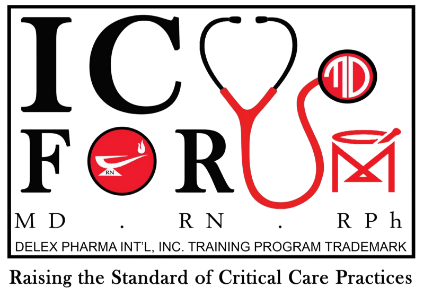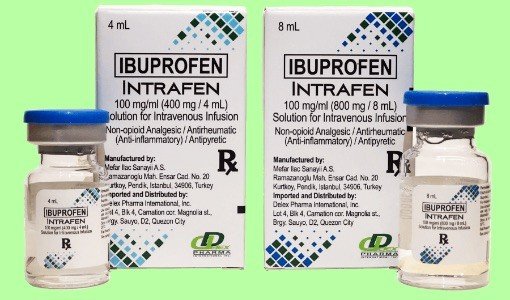
CHATROOM
MANAGEMENT OF CIRCULATORY SHOCK IN COVID-19 PATIENTS
Speaker: Bernard Benjamin Albano, MD, FPCP, FPSCM
Study shows that shock is usual to critically ill COVID-19 patients. With the underlying manifestation of circulatory shock among individuals infected by the viral infection, swift recognition with accurate assessment or evaluation is a necessity in optimal care management. While innovative administration is critical in treating patients experiencing circulatory shock, precise guidelines were designed to leverage and supplement the knowledge of the doctors concerned.
Dr. Bernard Benjamin Albano, who is among the adept doctors in the country, has spared time to discuss principal directions to our healthcare professionals in managing the treatment of shock among COVID-19 patients. It includes salient learning objectives or schemes that cover the pathophysiology of circulatory shock. Likewise, he talked about the regulation of initial resuscitation, vasoactive drugs, and hemodynamic monitoring.
In the virtual discussion, he pointed out the proposed stages of illness relating to shock in individuals infected by the contagious disease. According to Dr. Albano, stage 1 demonstrates the early infection, which he considered as one the most significant since it is the strategic target for the particular administration of treatment. In the "early" infection phase, it emphasizes that the viral response level is the stage where replication and direct viral damage to the patient is the "main" pathology. Meanwhile, the second stage is an overlap of diminishing viral load and the start of the inflammatory response of the organism to the virus — pulmonary phase. The last level is hyper inflammation, where the uncontrolled and overwhelming inflammatory response to the organism is the "main" pathology.
Discussing further, he mentioned the complications acquired from the COVID-19. It comprises of heart failure, sepsis, hypovolemia, acute kidney injury, acute liver injury, pulmonary thrombosis, acute respiratory distress syndrome, and pneumonia. All of them are interrelated, which one can contribute to the severity of another identified complications. However, three identified complications cause circulatory failure. It involves acute cardiac injury or heart failure, septic shock, and bleeding or DIC. In the study written by ICM Cecconi, circulatory failure is defined as a generalized form of acute circulatory shock associated with inadequate oxygen utilization.
Learn more about this enriching webinar by watching the video above. The ICU Forum team will continue to provide virtual seminars in leveraging eminence among our healthcare professionals. Stay tuned and keep acquiring knowledge from seasoned speakers in the hospital industry.



